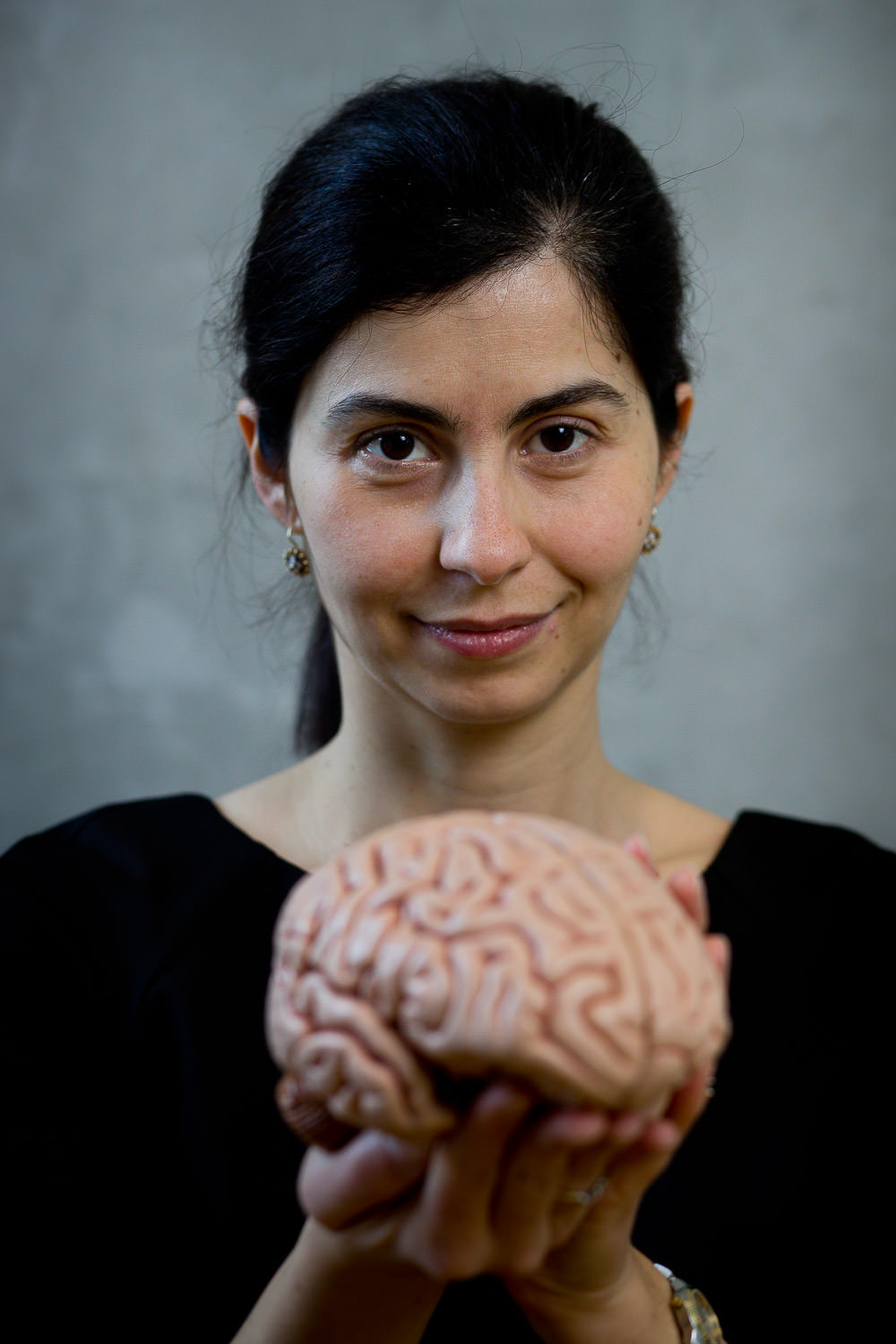Whole Head Optically-Pumped Room Temperature MEG

TIME: 1:00pm
WHEN: 24 July, 2024
LOCATION: Zoom
TIMEZONE: AEST
Join us for this fascinating QUBIC Seminar Series event.
Whole Head Optically-Pumped Room Temperature Magnetoencephalography (OP-MEG) – a new brain imaging capability down under
Speaker: Professor Marta Garrido, University of Melbourne (UoM)
Date: Wednesday 24 July, 1pm – 2pm
Zoom: Click here to join the seminar.
Bio
Professor Marta Garrido leads the Cognitive Neuroscience and Computational Psychiatry Laboratory and is the Director of the Cognitive Neuroscience Hub at the Melbourne School of Psychological Sciences. Marta is also a Research Program Lead at the Graeme Clark Institute for Biomedical Engineering, at The University of Melbourne. Marta initially trained in Engineering Physics at the University of Lisbon, and then did a PhD in Neuroscience at University College London. Marta’s team uses a combination of brain imaging techniques and computational modelling to understand how the brains of typical individuals and people with psychiatric conditions learn from experience and make decisions. To date, Marta has produced 80 peer-reviewed publications some in the world’s most prestigious journals including Science, Nature Reviews Neuroscience, Nature Neuroscience, eLife, Current Biology, and PNAS. Her work has been cited over 6000 times and she has secured A$23 million in competitive funding as a chief investigator. The quality of Marta’s work has been recognised by prestigious awards including the 2020 Paxinos-Watson Prize from the Australasian Neuroscience Society and the 2019 Aubrey Lewis Award from Biological Psychiatry Australia. Marta is a former DECRA fellow, past Chair of the Organisation for Human Brain Mapping Australian Chapter, and an advocate for Open Science.
Abstract
In this talk I will present a new brain imaging capability for Australia. Magnetoencephalography (MEG) is a non-invasive neurotechnology used to measure brain activity. Traditional cryogenic Superconducting Quantum Interference Device (SQUID) MEG has propelled great discoveries about how the brain works. However, there are many challenges that limit signal detectability from deep brain regions involved in motor, cognitive, and emotional processes often disrupted in psychiatric and neurological conditions. Optically Pumped Magnetometers (OPMs) are extremely sensitive devices that offer a solution to the shortcomings of the traditional SQUID MEG. Participants can freely move during recordings, enabling more naturalistic experimental set-ups and accommodating special populations who struggle to sit still, such as children and patients with movement disorders. This new capability will open excellent opportunities for fundamental and applied research bridging neuroscience, bioengineering, physics and psychology.
View all events